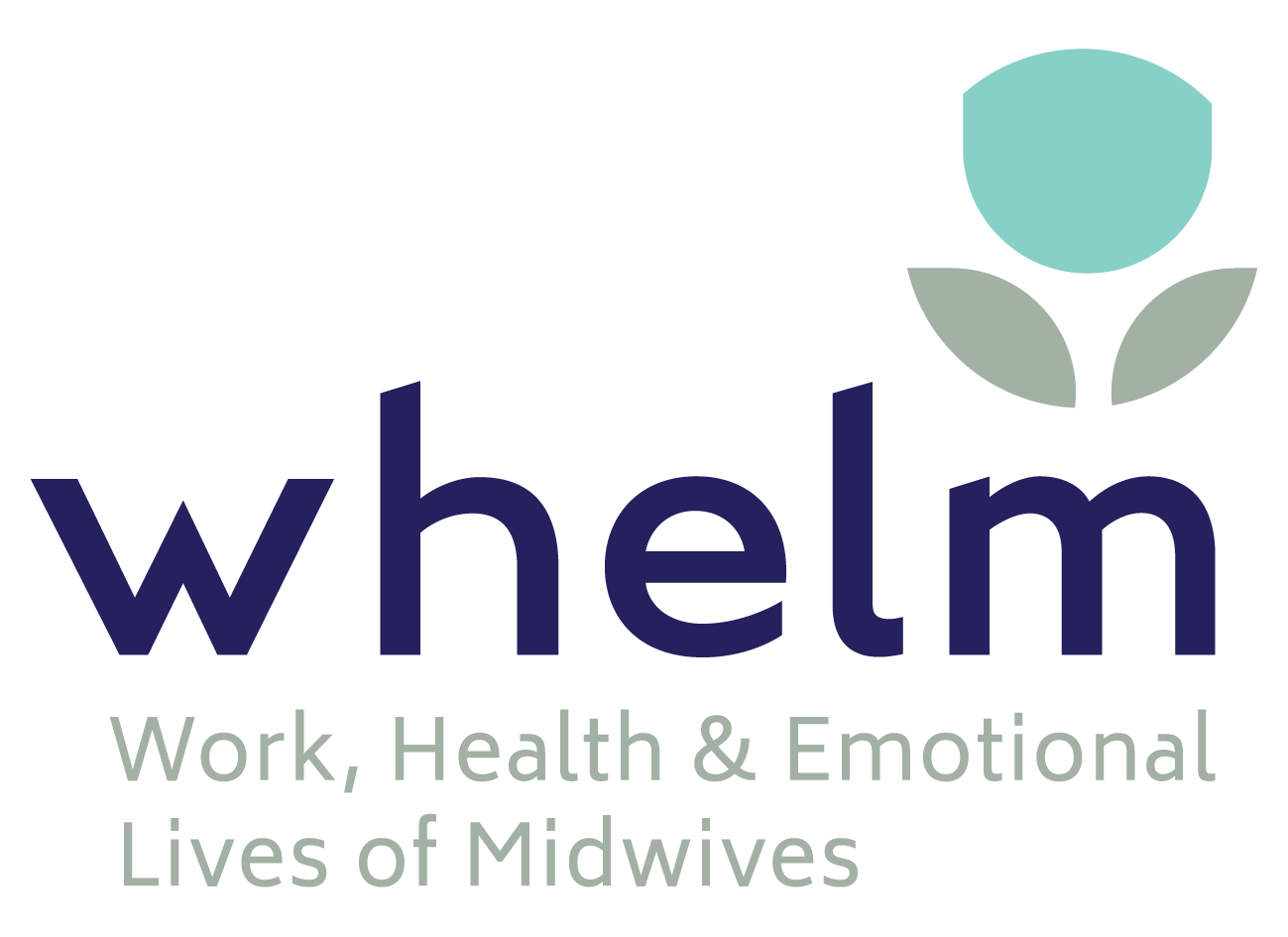Domestic and Family Violence
Domestic and family violence affects over a third of women globally. For many women, domestic and family violence (DFV) may commence or escalate during pregnancy. Therefore, the maternity service response to DFV is critical to the well-being of women and their unborn/newborn babies. While progress has been made towards addressing identified gaps, several significant challenges still remain.
Study 1 – Women’s Experiences of domestic and family violence screening during pregnancy
There has been growing research on women’s attitudes and beliefs about DFV screening, but relatively few studies on women’s experiences of screening during pregnancy. The aim of this study is to determine pregnant women’s experiences of DFV screening by midwives. Pregnant women (n = 210) attending an antenatal service were surveyed about their experiences of screening and asked to complete three new measures: Beliefs about DFV Screening; Non-disclosure of DFV; and Midwifery Support.
Publication:
Creedy, D., Baird, K., Gillespie, K. (2020). A cross-sectional survey of pregnant women’s perceptions of routine domestic and family violence screening and responses by midwives: Testing of three new tools. Women and Birth, 33(4), 393-400.
Lead: Professor Kathleen Baird
Contact
Study 2 – Women’s experiences of maternity care in responding to domestic and family violence using a Trauma and Violence Informed Care Framework
Women are at greater risk of experiencing violence from an intimate partner during pregnancy and the post-partum period, with 1 – 6 experiencing violence. Using a trauma informed and violence framework this qualitative study examined women’s experiences of a large tertiary maternity care services in detecting and responding to domestic and family violence.
The voices of women who have experienced DFV were foregrounded in this study to highlight facilitators, barriers and recommendations for improving detection and response to DFV in the context of maternity services. The feasibility of a newly developed Trauma and Violence Informed Care framework (TVIC) was used and tested in this study as a systematic approach to detection and response to DFV.
10 women participated in the study, all the women had experienced DFV during their pregnancy and in the postpartum period. Based on preliminary analyses of interviews with the women, themes to emerge revealed: (1) “Clued-in” HCP’s for skilled questioning, (2) Benefits of DFV-trained specialists, (3) Organisational barriers to ‘safe space’ creation, (4) Linkages with external agencies and informal support, and finally, (5) Universal and targeted information for DFV awareness-raising. The study identified the enablers, challenges and recommendations for improving detection and response to DFV in the context of maternity services from the perspective of women who have experienced DFV. The feasibility of a newly developed Trauma and Violence Informed Care framework (TVIC) has been used in this study by evaluating the current DFV response of maternity services. The findings of the research project contribute to improving the capacity of health professionals and the wider healthcare services to best meet the needs of vulnerable women and families with DFV.
Lead: Professor Kathleen Baird
Contact
Study 3 – Domestic and Family Violence in Maternity Care: Applying a Trauma and Violence Informed Care Framework
This research builds on our recent work by taking a ‘step back’ to systematically reassess and identify how and why DFV response work gets done in our maternity services, how women and clinicians experience DFV assessment and responses, and the related costs incurred.
The mixed methods project will use a recently developed Trauma and Violence Informed Care (TVIC) framework that has four interrelated and connected pillars, including relationship building, integrated coordinated care, reflective systems and continual assessment of work environment.
Working within these pillars will help guide data collection and analysis. The evidence gained from this project will provide an enhanced strategic oversight of how we can better optimise and sustain an integrated staff response to DVF, ensuring service delivery is woman-centred and aligns to best practice.
Lead: Professor Kathleen Baird
Contact
Study 4 – Exploring staff detection and response to Domestic and Family Violence in Clinical Practice
Routine enquiry about Domestic & Family Violence (DFV) during pregnancy has been implemented by many health services in Australia but often without comprehensive staff training, system changes and referral processes.
This study (Breaking the Silence) explores the experiences of midwives and other health care clinicians working within the maternity services around DFV assessment and responses. All staff working within maternity services will be invited to complete an online anonymous survey. The survey will seek to determine the barriers to responsibilities and referral pathways and define the barriers to identifying and supporting women who are experiencing DFV.
Analysis of this data is in progress.
Lead: Professor Kathleen Baird
Contact
Study 5 – What are the service costs associated with DFV in the childbearing population?
Domestic and family violence (DFV) can have a severe and enduring effect on a woman’s physical and mental health. Using a burden of disease methodology, domestic violence was found to be the leading risk factor contributing to death, disability and illness in women aged 25 to 44 years.
Due to the hidden nature of DFV, there is a lack of financial data for disease burden. Using a cost analysis of hospital activity, this study will focus on understanding the costs associated with DFV in pregnancy. An economic model will be developed which will calculate the cost burden associated with DFV including injury, and ongoing medical costs.







